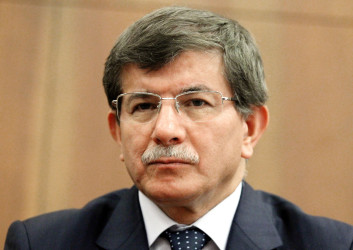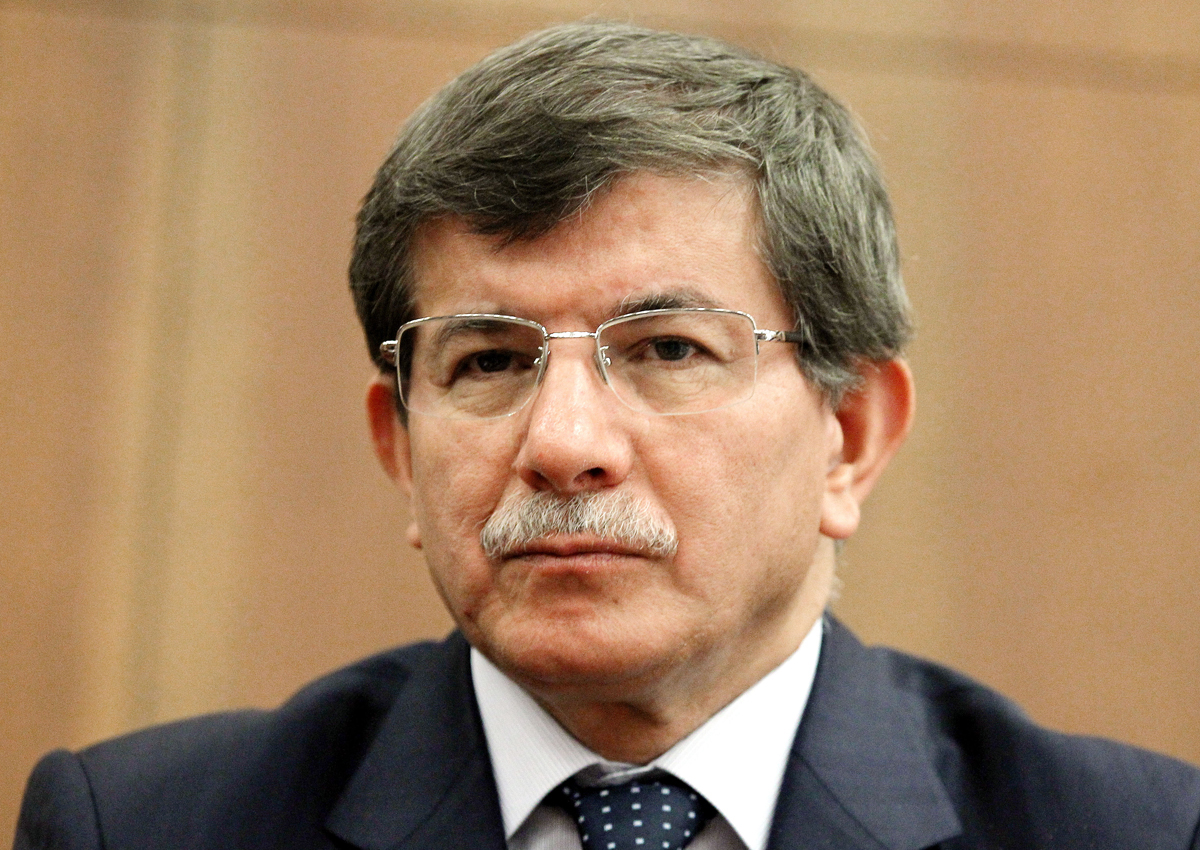KIEV/BEIRUT (Reuters) – Turkey warned Kurdish militia fighters in northern Syria yesterday they would face the “harshest reaction” if they tried to capture a town near the Turkish border, and accused Russia of a missile attack there that killed at least 14 civilians.

An offensive supported by Russian bombing and Iranian-backed Shi’ite militias has brought the Syrian army to within 25 km (15 miles) of Turkey’s border. The Kurdish YPG militia has exploited the situation, seizing ground from Syrian rebels to extend its presence along the frontier.
Almost 50 civilians were killed when missiles hit at least five medical facilities and two schools in rebel-held areas of Syria yesterday, according to the United Nations, which called the attacks a blatant violation of international laws.
At least 14 were killed in the town of Azaz, the last rebel stronghold before the border with Turkey, when missiles hit a children’s hospital and a school sheltering refugees, a medic and two residents said.
Turkish Prime Minister Ahmet Davutoglu said a Russian missile had hit the buildings and that many civilians including children had been killed.
Turkey shelled YPG positions for a third day to try to stop its fighters seizing Azaz, just 8 km (5 miles) from the border. Ankara fears the Kurdish militia, backed by Russia, are trying to secure the last stretch of around 100 km (60 miles) along the Syrian border not already under its control. “We will not allow Azaz to fall,” Davutoglu told reporters on his plane on the way to Ukraine.
YPG fighters would already have taken Azaz and Tal Rifaat further south had it not been for Turkish artillery firing at them over the weekend, he said.
“If they approach again they will see the harshest reaction,” he said.
The standoff has increased the risk of direct confrontation between Russia and NATO member Turkey.
The Syrian civil war, reshaped by Russia’s intervention last September, has gone into an even higher gear since the United Nations sought to revive peace talks. These were suspended earlier this month in Geneva before they got off the ground.
World powers agreed in Munich on Friday to a cessation of hostilities in Syria to allow humanitarian aid to be delivered, but the deal does not take effect until the end of this week and was not signed by any warring parties.
UN Syria envoy Staffan de Mistura made a surprise visit to Damascus yesterday and will hold talks with Syria’s foreign minister today, a Syrian government official told Reuters. The talks will include discussion of the resumption of the Geneva peace talks later this month, the official said.
In a further clouding of the Munich deal, Assad said yesterday that any ceasefire did not mean each side had to stop using weapons, and that nobody was capable of securing the conditions for one within a week.
At a news conference in Kiev, Davutoglu doubted Russia’s commitment to any such deal to cease hostilities, pointing to comments from Moscow that it would continue its air strikes regardless.
Russia, Davutoglu said, had a clear objective: “They want to have just two options in front of the international community: Daesh or Assad,” he said, using an Arabic acronym for Islamic State.
Turkey is enraged by the expansion of Kurdish influence in northern Syria, fearing it will encourage separatist ambitions among its own Kurds. It considers the YPG a terrorist group.
Davutoglu said Turkey would make the Menagh air base north of the city of Aleppo “unusable” if the YPG, which seized it over the weekend from Syrian insurgents, did not withdraw.
He warned the YPG not to move east of the Afrin region or west of the Euphrates River, long a “red line” for Ankara.

